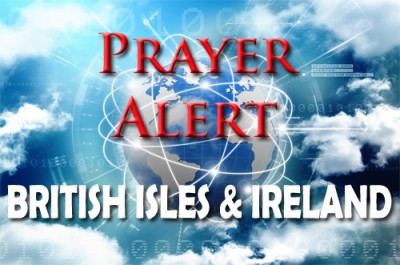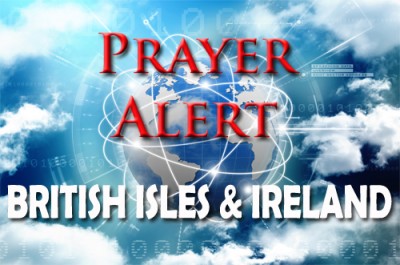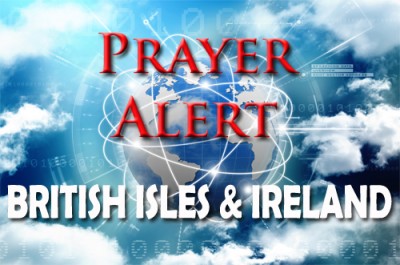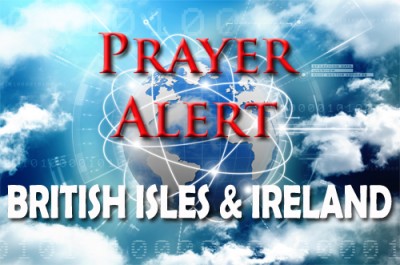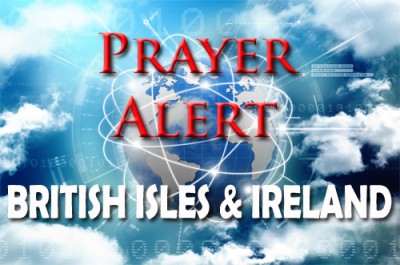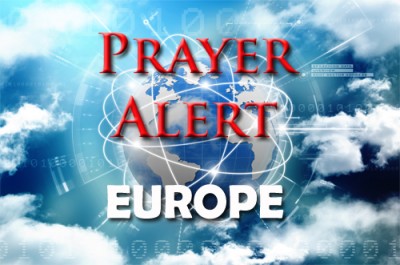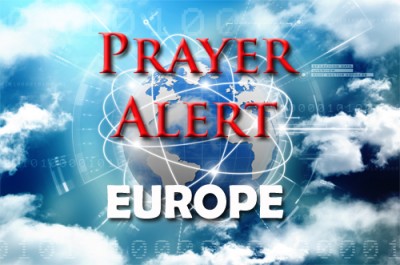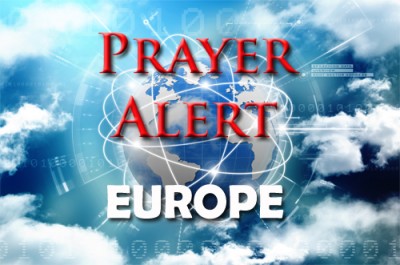Childcare plan widens school readiness gap
29 Sep 2017A Sutton Trust report urges the Government to reverse its ‘ill-advised’ decision not to extend the childcare offer for 3- and 4-year-olds to non-working parents, which risks increasing the gap in school readiness between disadvantaged children and their peers. Working parents are currently entitled to double the standard fifteen hours of free weekly childcare that is available universally. In a survey, 80% of head teachers said that many children arrived at primary school not ready for classroom activities, and 86% said the situation is worse now than five years ago. The trust said that early years childcare increased the benefits for children whose parents have lower incomes or lower levels of education, or whose first language is not English. Although it is understandable that the Government wants to improve access to childcare for working parents, this must not be at the expense of good early education for disadvantaged children.
The British army
29 Sep 2017There are particular demands and challenges that come out of the special nature of life in the Army. The Army recognises this, and many layers of welfare support are available. Pray for the Army Welfare Service, delivering a comprehensive and confidential service for the needs of regular soldiers and their families living abroad, or families separated by overseas postings. Pray for the unique family set-ups in army base communities, and for the wellbeing of Army reservists, and, in certain circumstances, veterans. Pray also for God to bless the confidential chaplaincy support that is available (regardless of faith) for all family members of service personnel and those dealing with casualties of war. Community development workers also need our prayers as they provide projects focusing on the learning and personal development activities of children, young people, and their families, both in the UK and overseas.
‘Diplomatic mission’ by Russian Orthodox Church
29 Sep 2017The so-called 'foreign minister' of the Russian Orthodox Church recently gave a bold speech in London. Addressing diplomats, politicians, religious figures and entrepreneurs, Hilarion Alfeev said Christianity is dying in Europe and being replaced with secular ideas. He said that other peoples with different faiths, cultures and values will live in Europe in the future and establish liberalism, which will affect human rights and fundamental Christian freedoms in civil, economic, political, social and cultural life. Hilarion appealed for this to be countered by unity among the churches. 'Christians must strive to defend their values on which the continent has been built for centuries, and listen to the lamentations and sufferings of Christians from across the globe.' The Orthodox Church is known to view the social liberalism of Western churches as part of the problem rather than part of the solution.
Sharing Jesus: ‘pray, say, give, invite’
29 Sep 2017Leaders from 18 denominations attending the Windermere leaders' summit heard about the results of the new Talking Jesus research, and the best strategy for sharing Jesus. Andy Hawthorne from the Message Trust said, ‘People's hearts are open to the gospel. The Church is on the front foot in mission, the like of which I've not known in my lifetime.’ The summit drew on a newly updated survey of adults and teenagers, which shows that people of all ages want to know more about Jesus Christ and Christianity. The strategy for seeing church growth is to pray for five people; talk about Jesus (the research shows that conversations play a key part in people becoming Christians); give away Bible-based resources; and invite people to church. The research found that 13% of young people now describe themselves as practising Christians, with 67% of adults saying they know a Christian and consider them 'caring', 'generous' and 'good-humoured'.
Church hosts a ‘Satanic’ fashion show - why?
29 Sep 2017London Fashion Week held a ‘Satanic Black Mass Fashion Show’ at St Andrew’s Catholic Church, Holborn. The aisle was transformed into a graphically satanic runway with a checkerboard catwalk, a towering backdrop of tarot card imagery, and an eerily pale model in a cream outfit inspired by a corpse bride. The church was desecrated with all manner of demonic symbolism as it became the backdrop for this widely-publicised event, devised by Turkish fashion designer Dilara Findikoglu. People are wondering how shrouding the church’s sacred space with pentagrams, inverted crosses, and other occult paraphernalia is consistent with the church's mission. See
Germany: influence of AfD
29 Sep 2017Alternative for Germany (AfD), founded in 2013, is a right-wing populist and Eurosceptic political party. In 2016 it made an alliance with the Freedom Party of Austria, with both party leaders saying border control officers should use armed force if necessary to protect the border. By May 2017, the AfD had gained representation in 13 of the 16 German state parliaments. Now it has become the third largest party in the German parliament, partly because immigration was the main election issue. Postwar Germany is multicultural, tolerant and liberal: abhorring war, and defending the environment, human rights and international teamwork. BUT the influx of over one million Muslim migrants, Russia’s dramatic resurgence, and Europe’s rolling financial problems are arousing other feelings and aspirations. These emotions don’t square with the desire to be tolerant and multicultural. Many are saying that a more powerful, more assertive, more terrifying Germany is coming.
German election, Brexit and Ireland
29 Sep 2017The German elections have weakened Chancellor Merkel’s leadership authority. Weeks of Brexit talks will be lost while Germany forms a government that can command a majority in its parliament. In the UK there are disagreements between Westminster and the leaders of the devolved parliaments/assemblies over which powers should eventually be ‘taken back’ from Brussels and the continuing failure to reach a Northern Ireland border agreement. Much more could be written, but the key thing for us all is to keep praying for those involved in the Brexit negotiations. May they make agreements that will speedily remove the fear and uncertainty faced by UK citizens in Europe and EU citizens in the UK, and bring clarity to businesses employing thousands who need to plan ahead for the next twelve months and beyond.
Crimea: human rights crimes
29 Sep 2017The UN has accused Russia of committing grave human rights violations in Crimea. There is a need for accountability. Russia annexed the peninsula from Ukraine in 2014, after that country's leader was overthrown. The UN report has documented random arrests, detentions, disappearances, torture, and at least one execution. There have been ‘intrusive law enforcement raids of private properties’, and the human rights situation has ‘significantly deteriorated’, with hundreds of prisoners illegally transferred from Crimea to Russian jails. Civil servants have been forced to renounce their Ukrainian citizenship or face losing their jobs, and Moscow has replaced Ukrainian laws with Russian ones. Education in Ukrainian has all but disappeared from Crimean schools. There was no immediate response from Russia to the report's accusations.
